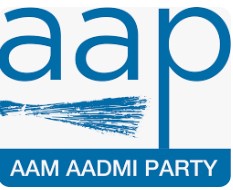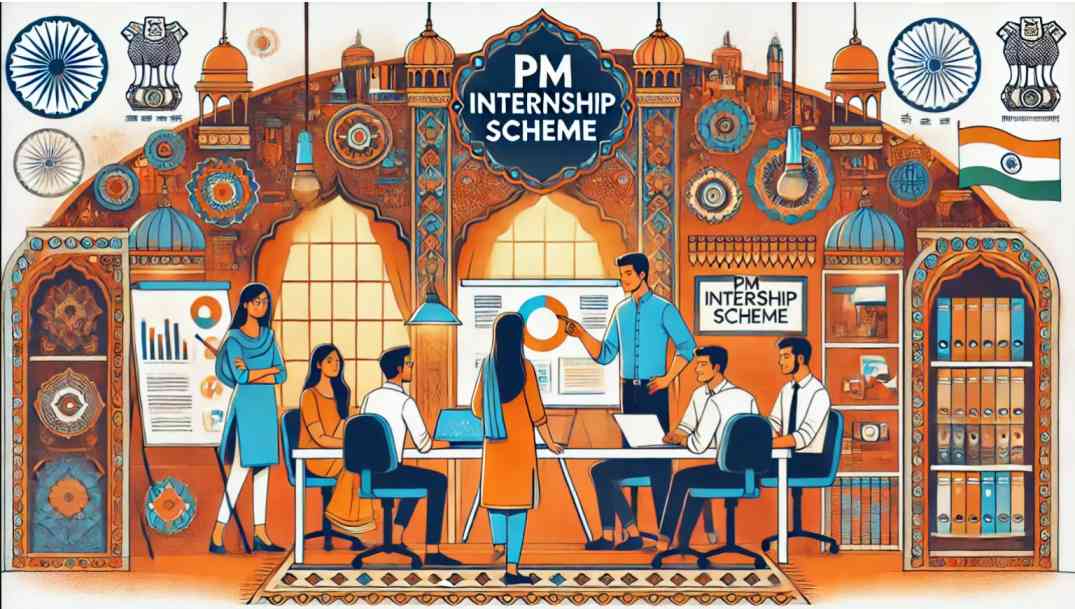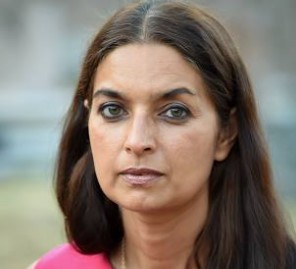
The Aam Aadmi Party (AAP), translated as the Common Man's Party, is a prominent political party in India. Founded in November 2012, the party emerged as a result of a popular anti-corruption movement led by social activist Arvind Kejriwal and his team. AAP gained significant traction in a short span of time and has since become a major player in Indian politics. Here is some information about the Aam Aadmi Party, highlighting its key points and achievements:
1. Formation and Ideology:
- The Aam Aadmi Party was officially launched on November 26, 2012, with the aim of providing clean and transparent governance to the people of India.
- The party's ideology revolves around anti-corruption, participatory governance, and the welfare of the common people.
2. Key Leaders:
- Arvind Kejriwal: The founder of AAP and its prominent face. He served as the Chief Minister of Delhi from 2013 to 2014 and again from 2015 onwards.
- Manish Sisodia: A key member of the party, he has held several important positions in the Delhi government, including Deputy Chief Minister and Minister of Education.
3. Electoral Success:
- AAP made an impressive debut in the 2013 Delhi Legislative Assembly elections by winning 28 out of 70 seats, becoming the second-largest party.
- In the 2015 Delhi Assembly elections, AAP won a sweeping majority, securing 67 out of 70 seats, forming the government.
- The party focused on its governance model, emphasizing initiatives like Mohalla Clinics (neighborhood health centers) and improved education facilities.
4. Delhi Government's Initiatives:
- Mohalla Clinics: AAP launched these neighborhood health centers to provide free primary healthcare services to the people of Delhi.
- Quality Education: The party worked on improving government schools, providing better infrastructure, and emphasizing the quality of education.
- Subsidized Electricity and Water: AAP implemented policies to provide subsidized electricity and free water supply to residents of Delhi.
5. National Political Presence:
- AAP expanded its reach beyond Delhi and contested elections in other states, including Punjab, Goa, and Uttar Pradesh.
- While the party faced mixed results in these states, it became the principal opposition party in Punjab after winning 20 seats in the 2017 state elections.
6. Policy Focus:
- Anti-corruption: AAP has been committed to fighting corruption and has emphasized the need for transparent governance.
- Decentralization: The party advocates for greater decentralization of power and direct participation of citizens in decision-making processes.
- Welfare Programs: AAP has focused on implementing various welfare programs to uplift marginalized sections of society.
7. Challenges and Criticisms:
- Lack of Experience: Critics argue that AAP's rapid rise to power resulted in a lack of experienced politicians within the party.
- Governance vs. Activism: Some critics suggest that AAP should strike a balance between activism and effective governance.
- Conflicts with Central Government: AAP has had conflicts with the central government, leading to administrative challenges and limitations.
8. Recent Developments:
- In the 2020 Delhi Assembly elections, AAP secured a comfortable majority, winning 62 out of 70 seats.
- The party's focus on issues like public healthcare, education, and welfare resonated with the voters, leading to its electoral success.
In conclusion, the Aam Aadmi Party has emerged as a significant force in Indian politics with its focus on anti-corruption, participatory governance, and welfare programs. With its electoral victories and policy initiatives in Delhi, the party has demonstrated its commitment to the well-being of the common people. However, it also faces challenges










